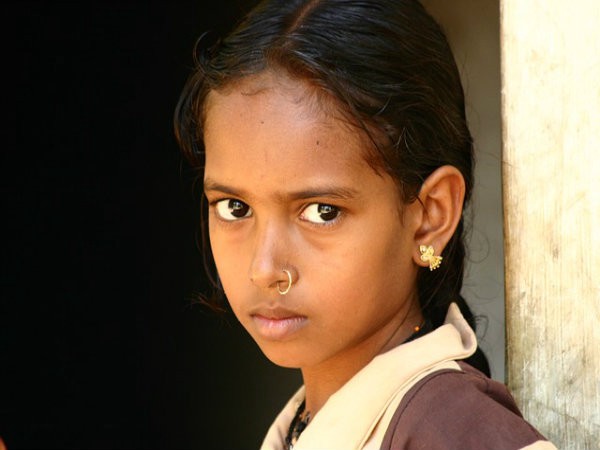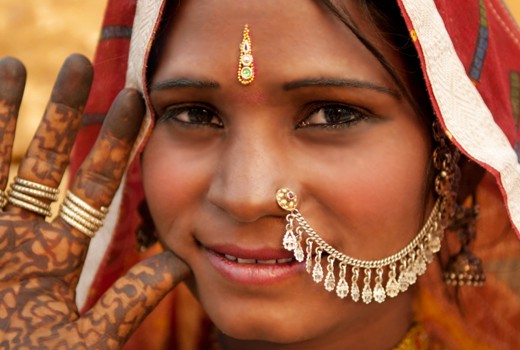
Most countries who abides to the ?Freedom of Religion? constitution and legislation at the Federal, State and Territory level, should allow and protect the different religious practices and beliefs from people living in the country. That includes sections of the Constitution of Australia, Federal anti-discrimination laws and State/Territory-based human rights acts and anti-discrimination laws which involves communities, schools, workplace and even the household. Although school systems are allowed to implement their own rules and regulations on dress codes, under the constitution, they must take into consideration various students with different religious beliefs, which allows them to be exempted on religious grounds. Choosing to disagree and unprotect women/girls practicing their religious belief is against the constitution. Establishments and industries must acknowledge and respect migrant?s right to pursue and practice the cultural and traditional values of their religion such as the nose piercing from the Hindu/Indian heritage.?
The nose stud or the nose ring, also commonly known as ?The Nath? has been an essential and integral part of the Indian culture and religion. The religious practice is an age-old tradition that heads back centuries and has significance even today. In the Hindu religion, wearing a Nath is not restricted. Nose rings are positively associated with the Hindu religion itself as they are worn by Hindu women more than by women of any other faith in India. The religion is a non-theistic faith that draws people who see tattoos, piercings and other physical alterations as ways of experiencing the divine.
Many girls at an early age, are mandated to get a nose piercing to sought and maintain their cultural identity by respecting and implementing traditions of the women before them especially the warrior class from Rajasthan who follows their tradition very strictly and religiously. A Rajput (from Sanskrit raja-putra, ?son of a king?) is a member of one of the patrilineal clans of western, central, northern India and some parts of Pakistan. They claim to be descendants of ruling Hindu warrior classes of North India. Thus, they are very strict in abiding to their tradition and religious practices.
Usually a young woman in a Hindu family would get a nose pierce upon her physical maturity as an indication that she is now eligible for marriage. It is also a way in which the elders of the household bestow worldly goods, including other pieces of jewelry, on the young girl as their daughters are the Luxmi (Goddess of Prosperity) and the lights of the homes.
Therefore, it?s not only limited to married women as in the case of a Mangalsutra. Although, many Indian women, particularly Hindus, have their noses pierced at an early age around the age of 12, which was traditionally the marriageable age. Piercings in India, including nose piercings, are one way Hindus honor Parvathi, the goddess of marriage.
Nose piercing in Hindu tradition is not only for a fashion statement, but it also signifies more than that. It shows and pays respect for their culture, religion and ancestral practices.


Health Benefits and Religious Significance
- Most Hindu women prefer to wear the nose rings on the left nostril since the nerves leading from the left nostril are associated with the female reproductive organs. Therefore, they believe that piercing the nose at this position helps in easing childbirth. Piercing the nose near a particular node on the nostril helps in lessening the pain during monthly periods in women, according to Ayurveda. Hence, girls, as well as older women, are supposed to wear nose rings.
- The directly exhaled air of the wife affects the health of the husband this belief is also applicable to women in all ages in general, according to popular beliefs. Therefore, if the woman wears a nose ring, the air comes through obstruction of the metal which apparently does not have any harmful health effects. This is mostly a superstition which is popular in the eastern parts of India.
- Females or girls wearing nose pin or stud are free from ?vashikaran? which means they are free from being seduced or controlled by others.
- In their spiritual belief, nose piercing also heals the woman after long traumatic injury or illness. Women get their nose pierced for their healing factors. It?s a chosen pain which turns out be really beautiful and healing.


